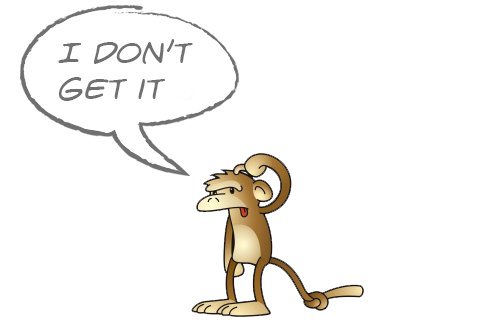Browse the glossary:
quality-adjusted life years
— A measure of the value of health outcomes that combines the length of life and quality of life into a single number
Synonyms:
QALY
Full explanation:
A QALY is a measure of the value of health outcomes that combines the value of length of life and quality of life (utility value) into a single number.
It assumes that a year of life lived in perfect health is worth 1 QALY (1 year of life × a utility value of 1 = 1 QALY), and that a year of life lived in a state of less than this perfect health is worth less than 1.
In order to determine the exact QALY value, it is sufficient to multiply the utility value associated with a given state of health by the years lived in that state.
QALYs are expressed in terms of "years lived in perfect health".
Example:
For example, ½ year lived in perfect health is equivalent to 0.5 QALYs (0.5 years × a utility value of 1), the same as 1 year of life lived in a situation with a utility value 0.5 (e.g. being bedridden) (1 year × a utility value of 0.5).
See also:
Still don't get it?
If you feel that this definition hasn't helped you to understand the term, click on our monkey to let us know.

← qualitative study quantitative study →